Venatus Jones, Returnees Sparking Change in Croatian Attitudes to Business
December 15, 2019 - Small steps to change the business mindset in Croatia are underway - a first business breakfast from returnee business consultants, Venatus Jones.
Last week I met with a group of returnees from Australia, Germany and Canada who have a very lofty goal.
Gathering impressive experience from working abroad in Western free-markets under the umbrella of Venatus Jones, a consulting agency, they vowed to become an agent of change that will totally shift Croatia’s mentality toward business.
"It’s part of the Western mind frame isn’t it, to aim high?” asked Associate Director Gerhard Saric from Munich in Germany. “That’s perhaps one of the quintessential things we bring – a positive mindset. We are all about big goals and big targets, but we focus on strategy and planning.”
Gerhard is an EU funding expert and helps companies access EU grants. He has worked in the US and across Southeastern Europe, Croatia included, implementing large country development programs.
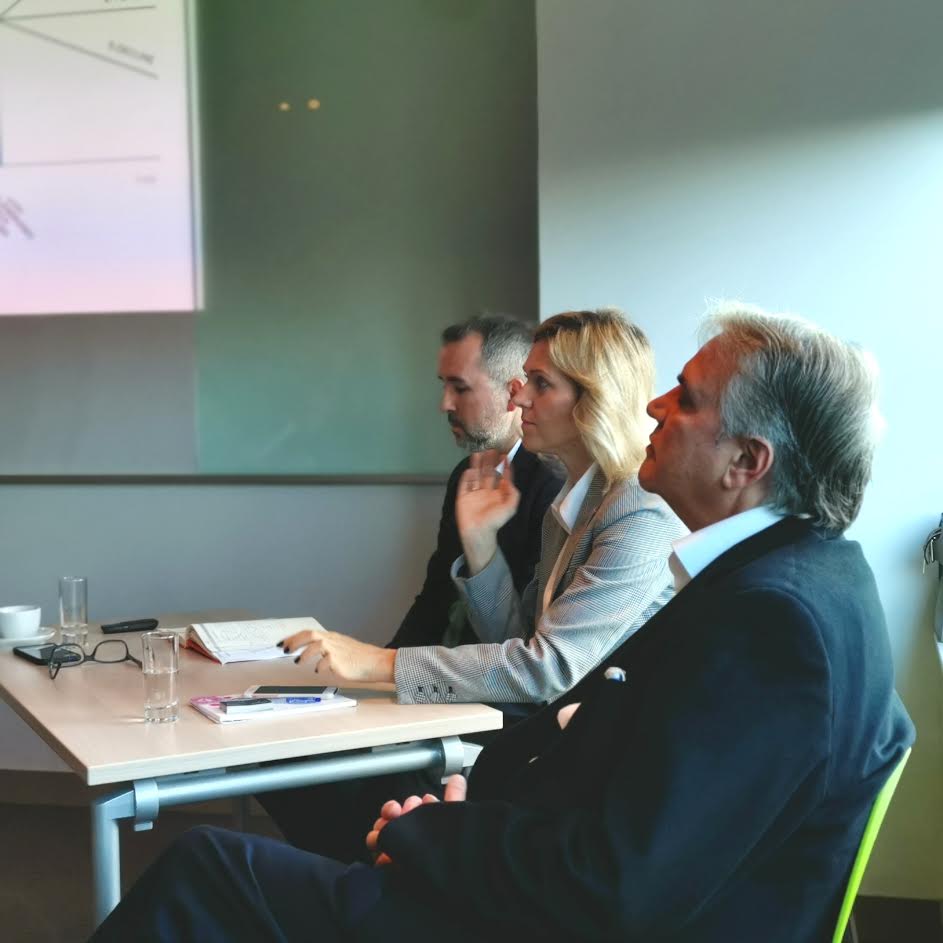
Watching a presentation at their first Business Breakfasts, a series of morning sessions to inform micro, small and medium enterprises about key areas of doing business – like strategy, structure, systems and style of management - it seemed this group could go far.
Their model, a 40-week program, works the same way a tennis coach, piano teacher or mathematic tutor would for your children. Not to turn them into world champions, but to improve their skills, perform better.
The key appears to be price.
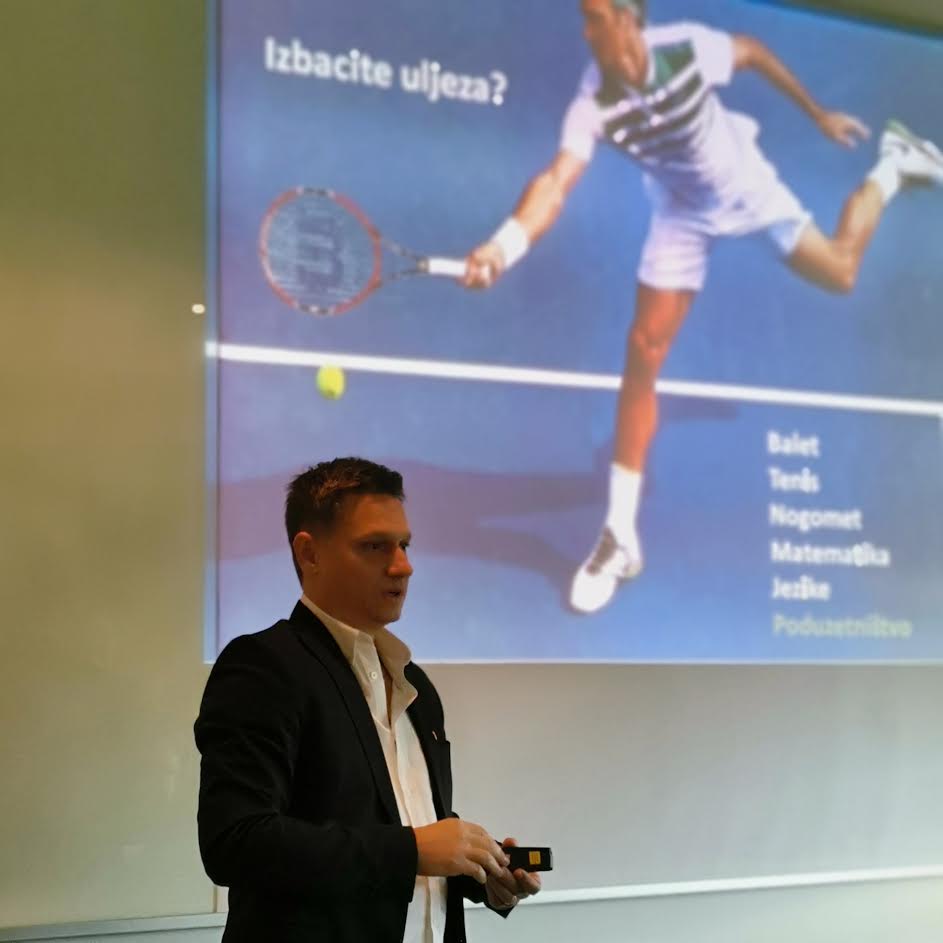
“In order to generate huge social impact we need to have very wide reach, and to get reach we need to be accessible,” said founder Eugene Brcic Jones, an Australian with media, marketing and sales stints with global giants like AP, Heineken, KPMG and Vodafone. “We are affordable and we over-deliver in value to our clients.”
“We like to joke that we are cheaper than a cleaner,” he added. “Our clients need help in many areas, they cannot afford a marketing or sales specialist, then an operations and leadership expert, someone to conduct research, lobby or procure external funding. We have to be everything for our clients and we have to be affordable to everyone.”
To be fair, for a company barely over a year old, Venatus Jones’ client list and result in sparking growth are astonishing, including Poliklinika Bagatin, Museum of Illusions, Ultra, Skintegra, Rudjer Boskovic, RoomOrders, Curry Bowl, Velpapir …
The approach seems original, using a sports analogy.
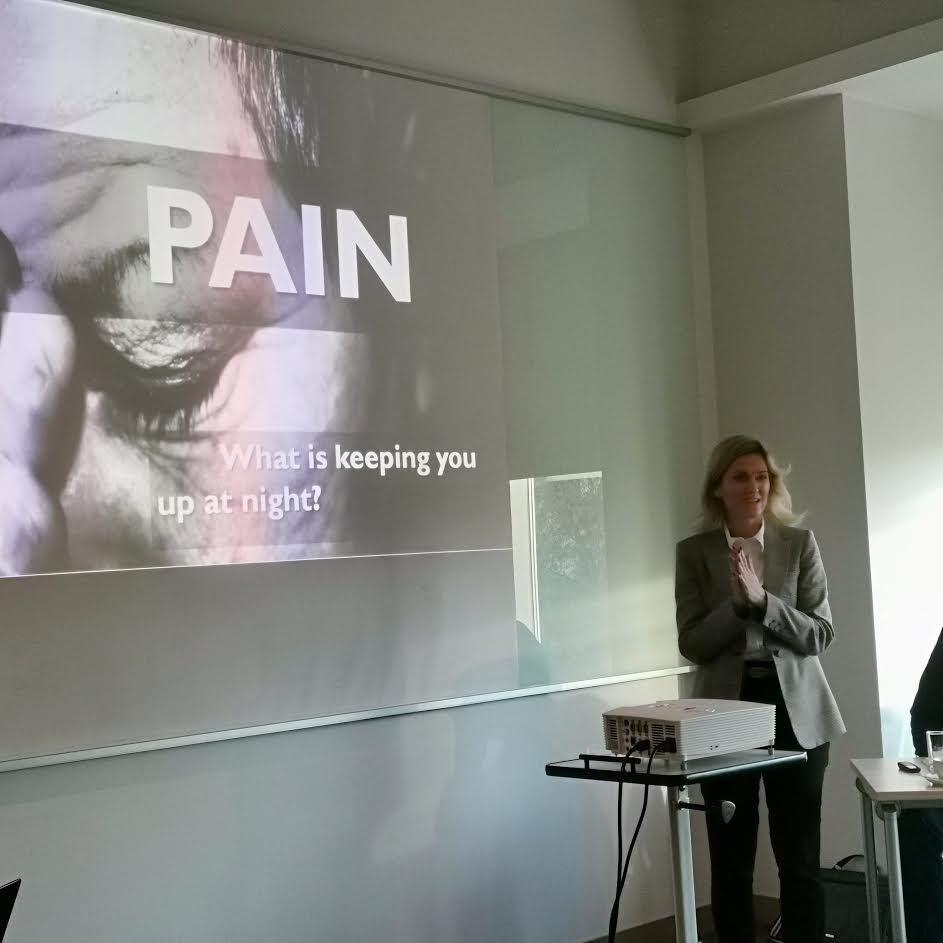
“It is interesting that we invest so much in our children to improve in sports, hobbies or education, yet we do not do the same for businesses, which are the backbone of every society, encompassing entire families and communities,” said Aleksandra Papac, a banking and finance expert from Sydney, Australia.
“I remember going to university and then later in life realising that most of my knowledge came from the challenges my dad faced in running his small business,” she said. “I remember how just talking and sharing information as a young economics student was very helpful to him.”
Sometimes just airing out problems, bringing them out in the open can help to formulate solutions and chart strategies for growth. Otherwise business owners just compartmentalise these problems and it causes undue stress and anxiety.”
Mark Mocnay, from Quebec in Canada, has worked extensively across the US, Canada and the Caribbean advising about performance and leadership. He has also worked in Europe, particularly in aviation and tourism.
“Business owners in Croatia have not really had genuine experience of Western free-markets, apart from maybe when on holidays, through cousins or Youtube,” Mark said. “Some are doing really well, but their strategy often focuses on a few strong corporate or government connections. They need to focus more on reducing their risk by expanding their customer base, or introducing democratic management principles, lean and agile operations and processes.”
“In all honesty, there are strong socialist habits that need to be broken,” Mark said bluntly.
You can learn more about the Venatus Jones consulting service on the official website.
For the latest news from the Croatian diaspora, follow the dedicated TCN section.
Venatus Jones, Championing Croatia's Small Entrepreneur
December 5, 2019 - A diaspora group championing the small Croatian entrepreneur while fighting the ghosts of socialism. Meet Venatus Jones.
After Agrokor’s Borgs and tales of other advisors cashing in big bucks in shady deals, it’s understandable that business consultants don’t have a good name in Croatia. In fact, following the likes of Kutle, Kerum and Todoric, it’s understandable that Croatians don’t care much for entrepreneurs either.
Venatus Jones, founded by diaspora returnee Eugene Brcic Jones over a year, ago is bent on changing that, offering to make business consulting and coaching accessible to all micro, small and medium enterprises - not just those with deep pockets.

“Our aim is to generate a huge social impact,” said Eugene, a consultant with stints in global giants Vodafone, Red Bull, Heineken and KPMG. “We want to create a massive shift to transform the entire business mentality in Croatia, to get rid of the old socialist mindset and allow genuine free-market attitudes of the West to take over.”
Most businesses here have only heard or studied how the economy works in America, or Germany, or any country in the West, but not many have actually lived and worked in free-markets. Few have run businesses in a strongly competitive environment, where the forces of supply and demand, quality and efficiency, determine which products and services reign supreme, which businesses survive and thrive and which ones flop and fail.
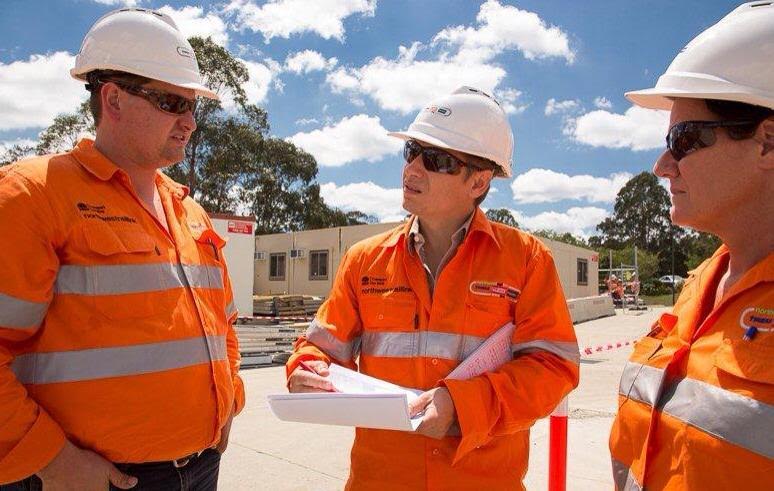
The Croatian system can best be described as crony capitalism and it really needs an army of consultants who have democracy and capitalism ingrained in their DNA to share know-how and promote ethical business practices.
Entrepreneurs need to abandon old ways of working through a “rodjo,” “veze i poznanstva,” “nekog svog,” and embrace concepts like strategy, development, innovation, planning, leadership, teamwork as well as new tools in management, marketing and sales.

It’s a lofty goal, what makes Venatus Jones think they can pull this off?
“After returning to Croatia and struggling to find the best way to make a living for myself and my family, I realised the biggest asset I had to sell was myself, my knowledge and my experience from living and working many years in both Australia and Croatia, but also across the world. I then sat down and developed a 40-week model based on all my mistakes and lessons and blended it all together with golden standards in Western economies, from leading consultancies like McKinsey, Boston, Accenture and AT Kearney among others.”
So what sets Venatus Jones apart?
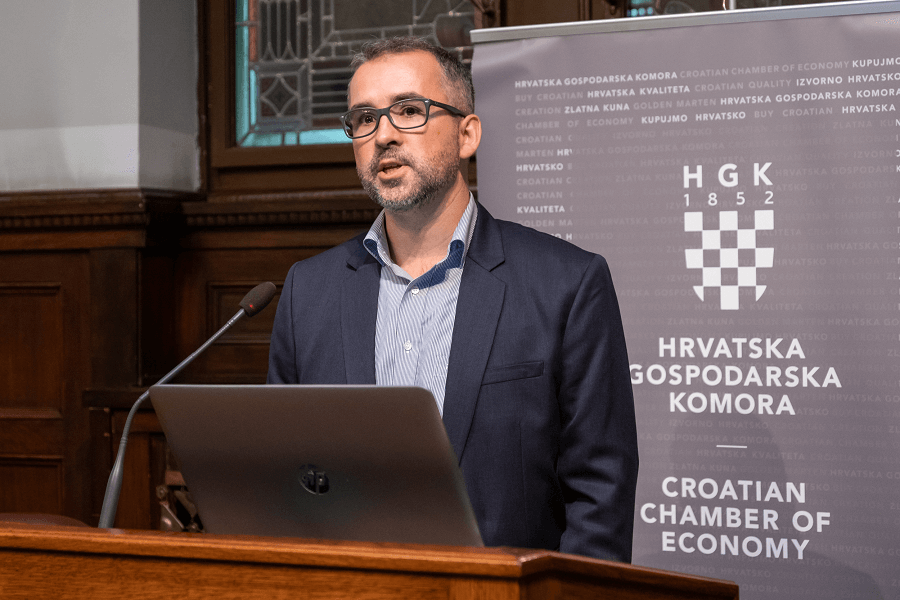
Venatus Jones is run by returnees from diaspora - Gerhard Saric, an operations and EU Funds expert from Germany, Aleksandra Papac, a banking and finance professional from Australia, and Mark Mocnaj, a business coaching and performance specialist from Canada. Chairman of the organisation is Stjepo Bartulica, an American, who heads the libertarian think tank Centre for Renewal of Culture (COK) and was former advisor to President Ivo Josipovic and Prime Minister Tihomir Oreskovic.
“Typically, our parents, friends of our parents and cousins had businesses, so we are driven by a strong passion to help the little man, the average entrepreneur who is doing well, but needs a little bit of extra support to lift their business to the next level,” said Gerhard, who grew up in Germany but has studied and worked extensively in the U.S.
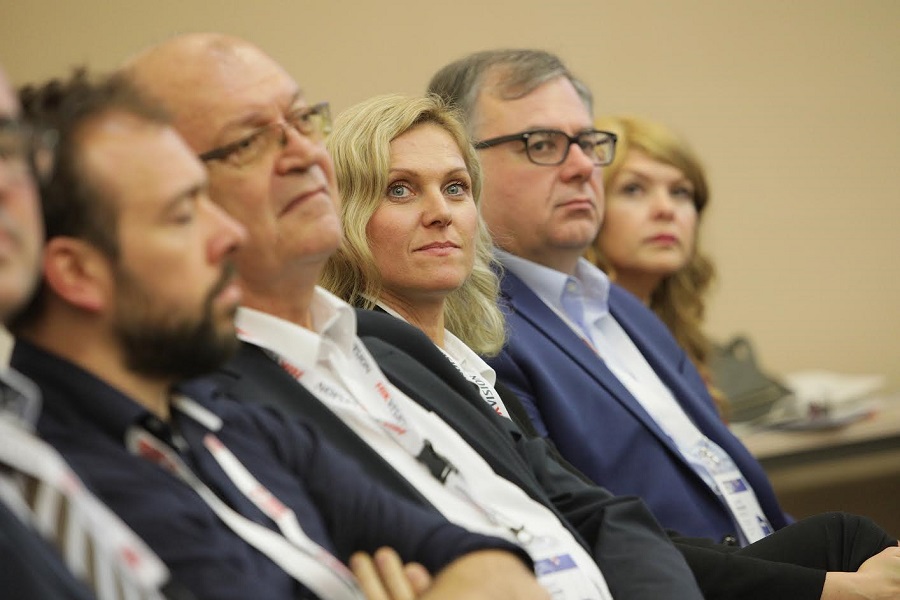
Former Australian Ambassador for Women in Business Aleksandra fled Bosnia during the war and lived in Germany before settling in Australia. Her father started a painting business, while many of her cousins had successful businesses ranging from restaurants to trades in the construction industry.
“Small businesses are the backbone of any economy. The wellbeing of so many families rely on small business owners. It is also where young people learn values about hard work and sacrifice,” she said. “The difference we bring to businesses in Croatia is that we understand the challenges entrepreneurs face on a personal level and we can quickly identify the steps that need to be implemented to help companies prosper.”
Mark, who was most recently a senior aviation executive and worked across the U.S for a leading coaching and performance agency, thinks that value for money is the main driver.
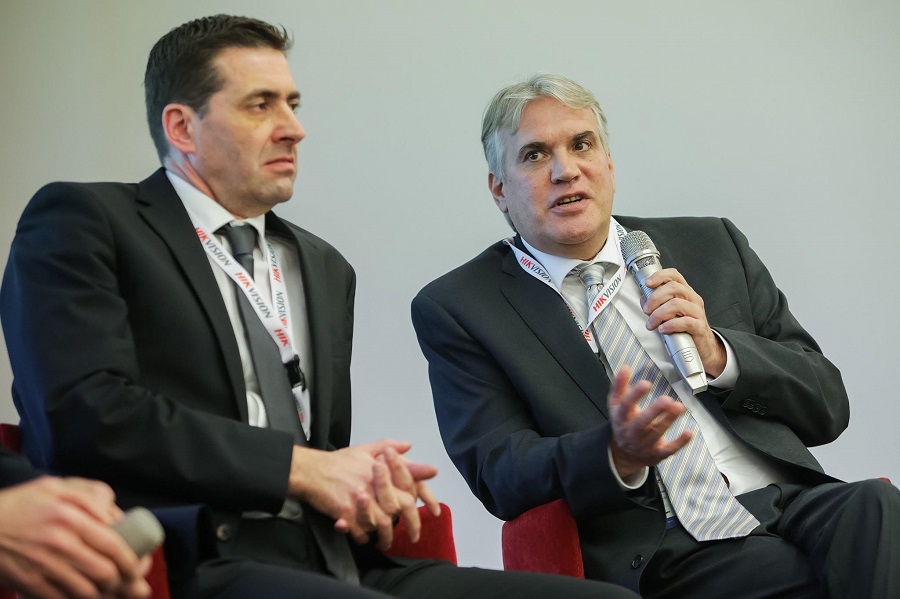
“In all honesty, business is all about the bottom line,” he said. “Our clients get over 100 years of combined international expertise for the price of a cleaner. We don’t lock clients into contracts, so they only keep us if they see value. It’s that simple: No money, no honey!”
Indeed, Venatus Jones is growing and its client base is more than impressive.
Bagatin Clinic was Venatus Jones’ first client, while other notable partnerships were forged with the Museum of Illusions, cosmetics upstart Skintegra, paper conglomerate Velpapir, restaurant chain Curry Bowl, hotel app RoomOrders, chocolate confectionary Vrsna and scientific research centre Rudjer Boskovic.
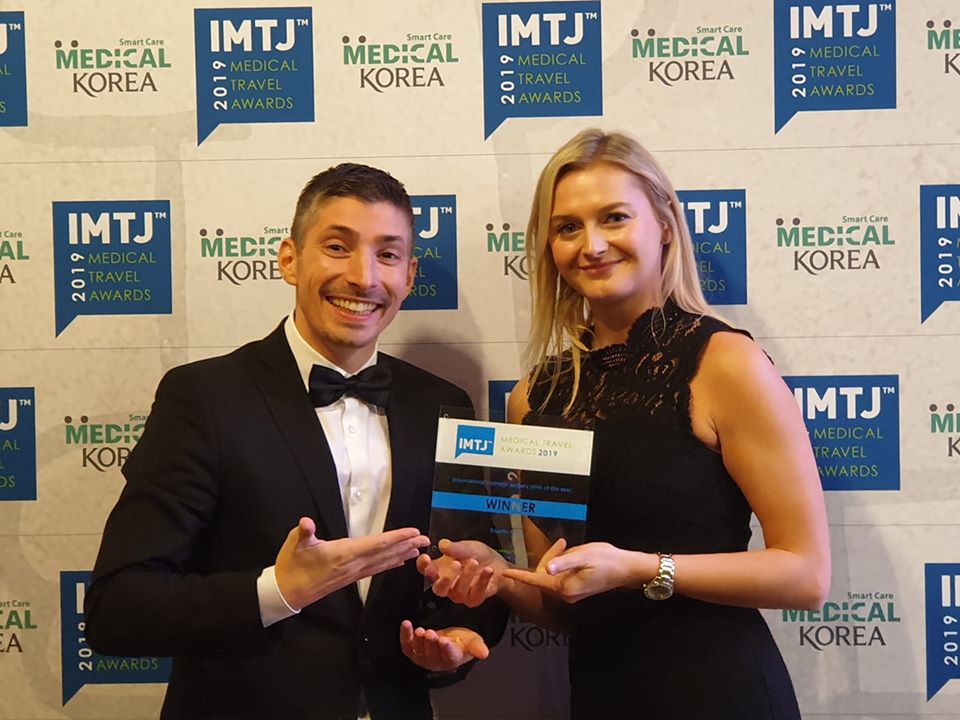
(Bagatin Clinic was the first client of Ventus Jones - here they are in Berlin at IMTJ 2019, having just won International Cosmetic Surgery Clinic of the Year - full story here.)
“Most of our clients are unknown and will remain under the radar, yet we particularly enjoy working for them, fixing common problems and identifying potential for growth,” Eugene said. “Our job is like a relationship, you work hard to gain trust and build respect. Business owners usually have dependent families closely involved in the company so positive results and success goes beyond professional satisfaction, it feels like we are helping more than just individuals.”
Gerhard, who has worked for USAID in Kosovo and other development agencies in the Balkans believes the Venatus Jones model will expand into neighbouring countries, which are experiencing difficulties overcoming the same socialist legacies as Croatia.
“It’s likely we will experience a labour shortage mid to late next year,” Gerhard said, revealing plans to recruit more staff from diaspora. “We want to be a bridge between the homeland and Croatian immigrants. Hopefully this will lead to securing an investor interested in high social as well as financial return.”
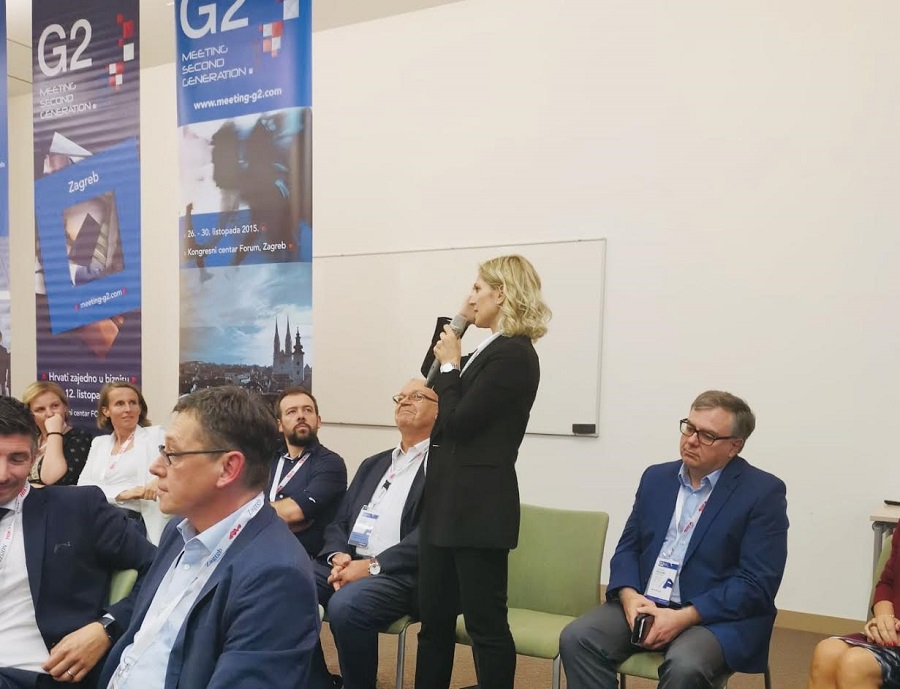
We have a project in mind, to provide a job, salary and shelter as soon as new employees arrive to Croatia, so they have all the necessary prerequisites to successfully assimilate to Croatian life.” he said.
“Off the plane, straight to your apartment and work on Monday morning,” Gerhard concluded. “We need more German efficiency!”

